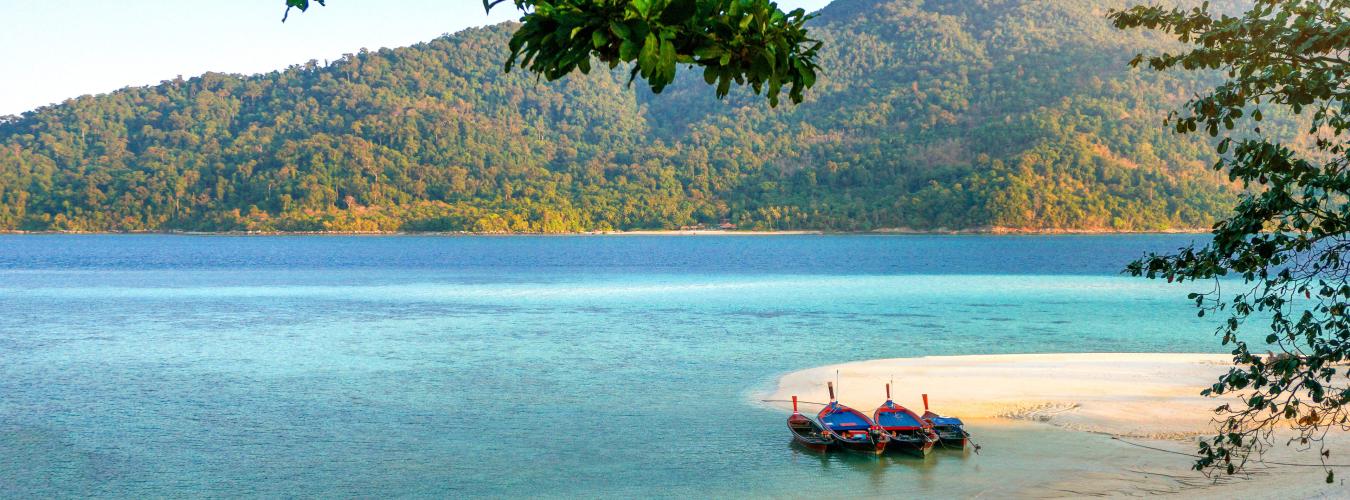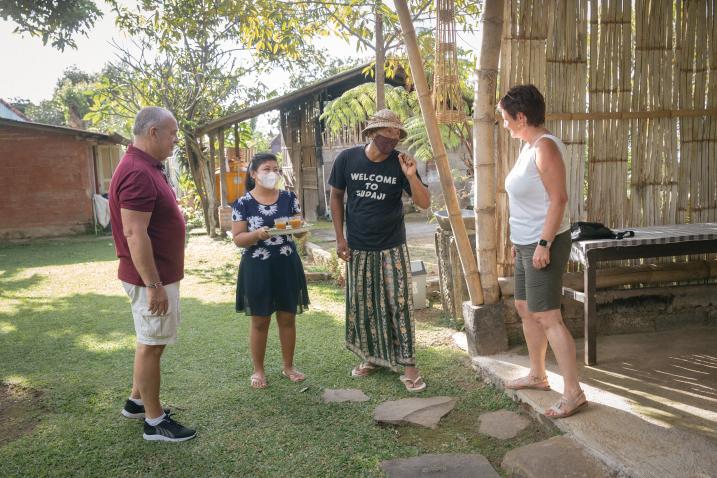Resilient tourism
For many developing countries, including the least developed countries, small island developing states, countries in Africa and middle-income countries, tourism is a major source of income, foreign currency earnings, tax revenue and employment. Because tourism connects people with nature, sustainable tourism has the unique ability to spur environmental responsibility and conservation.
Sustainable tourism, including ecotourism, is a cross-cutting activity that can contribute to the three dimensions of sustainable development and the achievement of the Sustainable Development Goals by fostering economic growth, alleviating poverty, creating full and productive employment and decent work for all.
It can also play a role in accelerating the change to more sustainable consumption and production patterns and promoting the sustainable use of oceans, seas and marine resources, promoting local culture, improving the quality of life and the economic empowerment of women and young people, indigenous peoples and local communities and promoting rural development and better living conditions for rural populations, including small-holder and family farmers.
The use of sustainable and resilient tourism as a tool to foster sustained and inclusive economic growth, social development and financial inclusion, enables the formalization of the informal sector, the promotion of domestic resource mobilization and environmental protection and the eradication of poverty and hunger, including the conservation and sustainable use of biodiversity and natural resources and the promotion of investment and entrepreneurship in sustainable tourism.
Global Tourism Resilience Day (17 February), proclaimed by the General Assembly in resolution A/RES/77/269, aims to emphasize the need to foster resilient tourism development to deal with shocks, taking into account the vulnerability of the tourism sector to emergencies. It is also a call for action for Member States to develop national strategies for rehabilitation after disruptions, including through private-public cooperation and the diversification of activities and products.

Tourism Data Dashboard
The UNWTO Tourism Data Dashboard – provides statistics and insights on key indicators for inbound and outbound tourism at the global, regional and national levels. Data covers tourist arrivals, tourism share of exports and contribution to GDP, source markets, seasonality and accommodation (data on number of rooms, guest and nights).
2027 — International Year of Sustainable and Resilient Tourism
In February 2024, the General Assembly decided to proclaim 2027 the International Year of Sustainable and Resilient Tourism.
It encouraged all states, the United Nations system and all other actors to take advantage of the International Year to promote actions at all levels, including through international cooperation, and to support sustainable and resilient tourism as a means of promoting and accelerating sustainable development.
Did you know?
- Tourism supports millions of direct and indirect jobs all over the world, in particular for women and young people. [Report A/77/219]
- For some small island states and developing countries, tourism accounts for over 20 per cent of gross domestic product (GDP). [Report A/77/219]
- The economic contribution of tourism (tourism direct GDP) was estimated at $1.9 trillion in 2021, higher than the $1.6 trillion recorded for 2020, but still well below the pre-pandemic value of $3.5 trillion. [Report A/77/219]
Read
Promoting the value of protected areas, safeguarding biodiversity, and building sustainable livelihoods - ecotourism reveals Egypt’s natural wonders.
Resources
Documents
- Resolution A/RES/77/269 "Global Tourism Resilience Day"
- Resolution A/RES/78/260 "International Year of Sustainable and Resilient Tourism, 2027"
- Resolution A/RES/77/178 "Promotion of sustainable and resilient tourism, including ecotourism, for poverty eradication and environmental protection"
- Report A/77/219 of the Secretary-General of the World Tourism Organization on the promotion of sustainable tourism, including ecotourism, for poverty eradication and environment protection
- The Glasgow Declaration on Climate Action in Tourism
- World Tourism Day 2022 Report: From Crisis to Transformation





